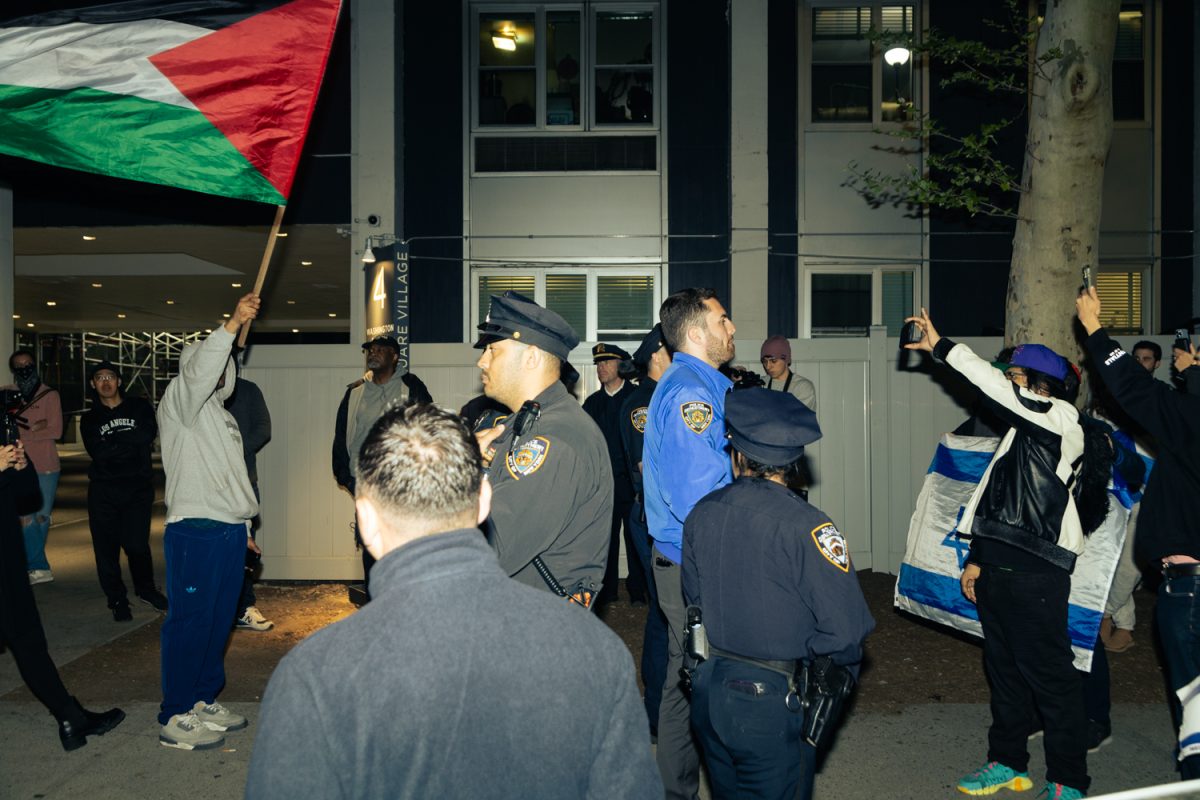After a year of heightened tensions across campuses nationwide, dozens of universities have vowed to refrain from taking public stances on social and political issues. While NYU has not formally committed to institutional neutrality, a university spokesperson said it aims to similarly practice “institutional restraint.”
NYU spokesperson John Beckman said the university supports students by addressing issues pertinent to the community while “speaking thoughtfully and with respect to the diverse experience as and backgrounds at NYU.” Institutional neutrality, a concept initially proposed in 1967, is comparatively defined by universities’ agreement to only comment on “core academic issues or institutional matters.”
“Restraint can be difficult; it is not neutrality,” Beckman said in a statement to WSN. “To us, institutional restraint means we will speak only when we must, recognizing that our words carry the power both to unify and potentially divide.”
More than 20 independent universities and four state university systems have adopted institutional neutrality — all but five of which made the switch in 2024. Last week, Yale University’s Committee on Institutional Voice recommended that the administration adopt the guidelines, following similar moves from Barnard College, the University of Michigan and Northwestern University.
In interviews with WSN, several students said they felt the university should take a clear stance on political and social issues, rather than remaining neutral. Liberal studies first-year Vi Acharya told WSN that institutions like NYU can use their “prominence and influence” to encourage students to engage with global current events.
“Standing up for the right thing is something that I feel like universities, and even large companies, should really try to look into,” Acharya said. “That sets the standard for other people to vocalize their opinions and stand up for the right thing.”
Other students agreed that institutions such as NYU insufficiently represent their communities’ perspectives by refusing to publicize administrative standpoints on any issues beyond the university.
“Universities, as massive institutions with huge endowments, already have so much power that they yield,” GSAS student Olivia Gieger said. “That is a power that shouldn’t be unrecognized by the institution.”
Pro-Palestinian demonstrations have escalated at NYU in the last year, and protesters have repeatedly demanded that the university disclose its investments and cut ties with Israeli-backed companies. Students and faculty have also criticized the university for not making public statements addressing Israel’s bombardments in Gaza and Lebanon, and administrators have faced backlash for updates to student conduct guidelines — which now cite “code words, like ‘Zionist’” as potentially discriminatory speech.
Stern sophomore Elena Zhong said she does not think NYU should take distinct political stances because the university represents a large community and students’ beliefs should not be misconstrued.
“The school sometimes has more power than students, so they can actually control students in some way and can shape students and make sure students behave in a way they think is proper,” Zhong said.
In February, three organizations focused on speech policy in higher education — the Foundation for Individual Rights and Expression, Academic Freedom Alliance and Heterodox Academy — released an open letter calling for more universities to publicly announce and adhere to institutional neutrality. Other advocacy groups have echoed the sentiment and a growing number of universities have issued statements claiming or contesting the standard.
In a May report, a committee of professors dedicated to shaping Harvard University’s “institutional voice” said that statements on matters that do not affect the university compromise its “integrity and credibility.” In the FIRE ranking of free speech in colleges, Harvard ranked last — and NYU ranked third to last — out of 251 schools surveyed, both earning an “abysmal” score.
Liyana Illyas contributed reporting.
Contact Alba Schmidt and Emilia Everwien at [email protected].
























































































































































